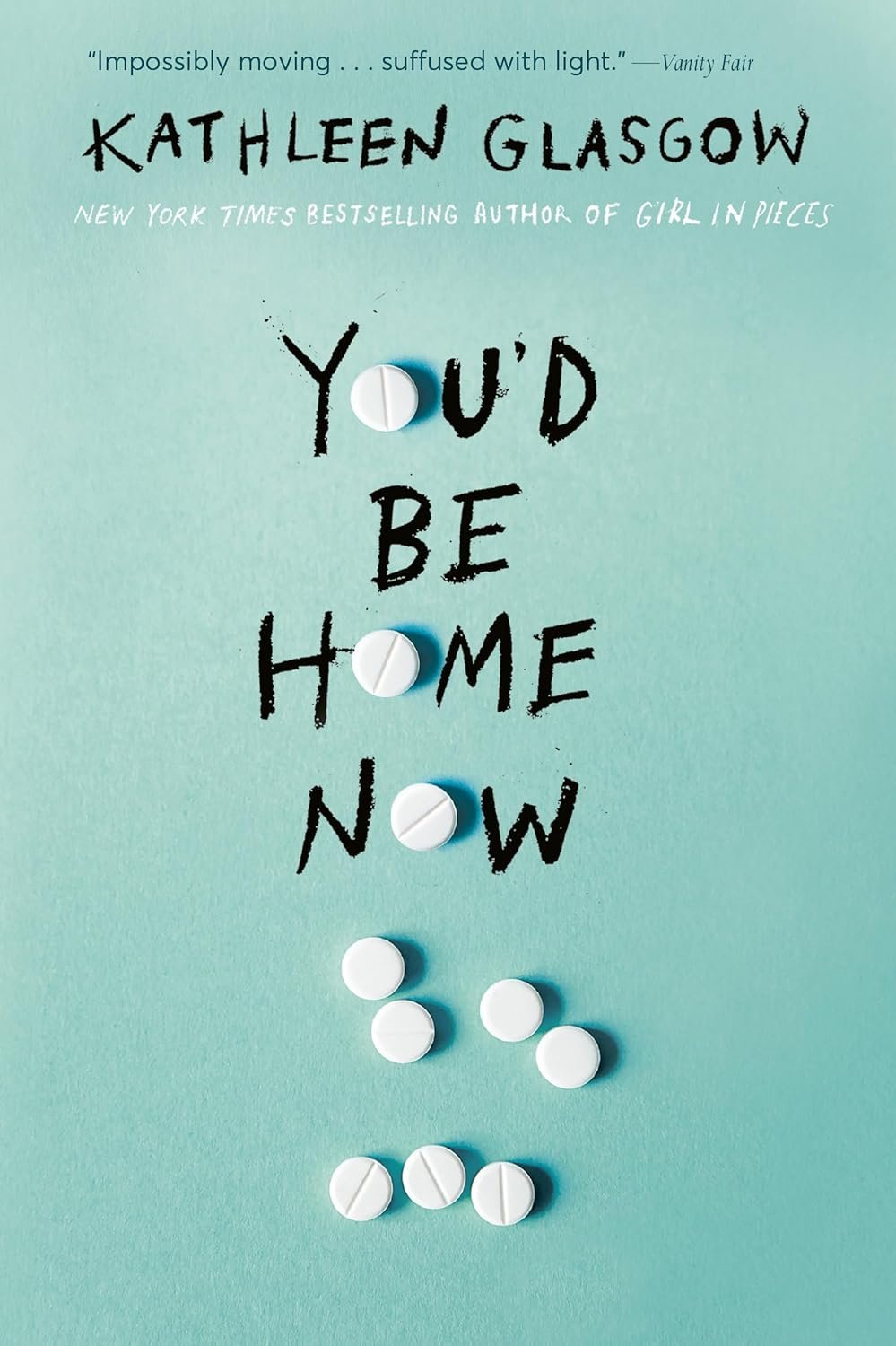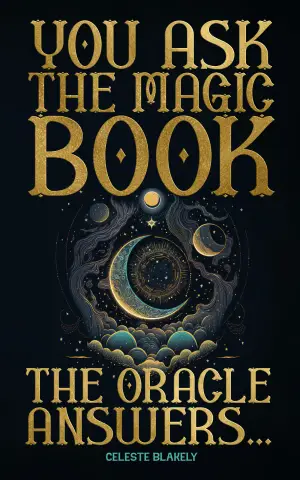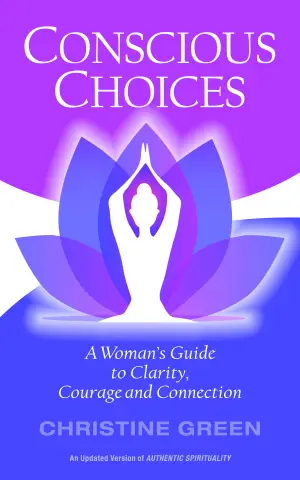A Heartfelt Dive into Kathleen Glasgow’s You’d Be Home Now
I stumbled upon Kathleen Glasgow’s You’d Be Home Now during a particularly reflective evening. The title itself resonated with me—how often do we long for a place, a sense of belonging, or the comfort of familiarity? Exploring this book was like opening a door to conversations I’d been yearning to have. Glasgow, famed for her emotionally wrenching narratives, invites readers into the turbulent world of addiction and the complex layers of familial love.
A Tapestry of Themes and Characters
At its core, You’d Be Home Now grapples with heavy themes—the opioid crisis, identity, and the search for self amidst chaos. Emory, our protagonist, is a relatable amalgamation of resilience and vulnerability. She’s just been through a life-altering car accident that tragically took someone’s life and unwound the very fabric of her family. The journey of reclaiming her identity while navigating the aftermath of her brother Joey’s addiction takes center stage, and I found myself rooting for her as she struggled to redefine who she is in a town that insists on labeling her.
Glasgow’s depiction of both siblings—the reliable Emory and the troubled Joey—sheds light on how addiction can ripple through lives, leaving scars that aren’t easily healed. The dynamic between them feels achingly real; their relationship evolves from caregiver and dependent to something much more complicated and transformative. The compelling exploration of their bond is filled with moments of anger, love, and hope.
Writing That Cuts Deep
Glasgow’s writing is immersive and poignant. I was struck by her ability to balance the rawness of addiction with moments of grace. Pivotal moments are painted vividly, encapsulating the struggles and small victories of Emory’s journey. Her reflections are insightful, often punctuated by profound quotes that linger in the mind—such as how people “spend so much time telling her who she is” and how it might finally be time for her to decide for herself. This resonated deeply with me, echoing our own experiences of societal expectations versus self-discovery.
Emotional Engagement and Growth
The book isn’t an easy read; many passages induce a sense of melancholy and reflection. However, Glasgow masterfully infuses hope even amid despair. Emory’s growth, marked by her quest for authenticity, invites us to consider our own identities shaped by perceptions—both ours and others’. There’s a genuine sense of connection that arises from the emotional honesty present throughout the narrative.
Who Will Love This Book?
You’d Be Home Now is a must-read for anyone who has grappled with personal identity, familial struggles, or the darkness of addiction—both for themselves or for loved ones. Its raw, modern tale speaks to the realities many face in their own lives, making it an impactful read for young adults and anyone navigating similar complexities.
As I closed the book, I felt a sense of catharsis. I was reminded that while home may sometimes seem lost to us, the journey of finding ourselves can lead us back to places of understanding and love. Glasgow has created not just a story but a resonating echo of hope that lingered long after I turned the last page. This book holds a mirror to our lives, urging us to embrace our stories, no matter how tangled they might be.
You can find You’d Be Home Now here >>







